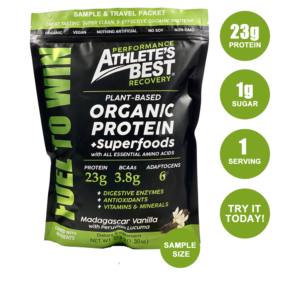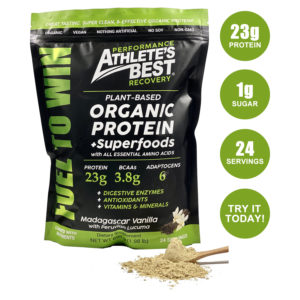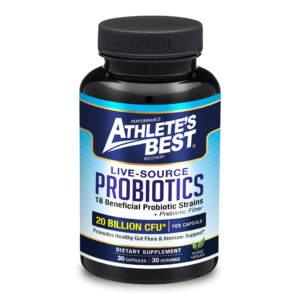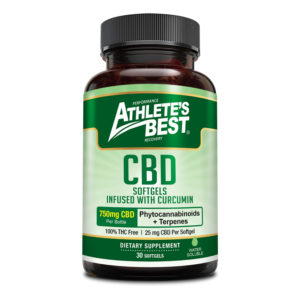The voice of the people have the power to make a very strong impact when they come together under a certain cause. There is currently a petition going around online right now to halt CVS Pharmacy from selling a krill oil supplement. The krill oil supplement that is in question is also available at a number of other retailers; however this group has singled out CVS for whatever reason. The reasoning for the petition is that “CVS is putting our entire Antarctic marine ecosystem at risk…by selling krill-based health pills”.
I have incredible concern for the environment and all living species. I quit a lucrative career back in 2009 as I wanted “to do more good for the world” and focus my efforts on helping people. Our Premium Omega-3 Plus contains some krill oil within our formula. If I thought that this would be detrimental to the environment or marine life, I would not sell the supplement what-so-ever. My passion is helping others improve their health with a focus on sustainable and eco-friendly options.
Here are some of the facts regarding the harvesting of krill oil:
- Humans harvest about five hundredths of one percent of the available biomass of krill per year, and very little of that is part of the krill oil supplement business. (400,000,000 TONS) | (200,000 TONS) = .0005 of the total Krill Population Each Year
- In 1982 the United States, the United Kingdom, Australia, South Africa, New Zealand, Chile, European Community, Germany and Japan formed a treaty organization to ensure that krill were being harvested sustainably. The quantity of krill harvested is strictly regulated by the Commission for the Conservation of Antarctic Marine Living Resources (CCAMLR).
- The harvest quantity is set extremely low at a “precautionary limit”, so that all species on and around Antarctica are protected. The current precautionary limit is set at 5.61 Million tons. Again, the current harvest amounts are around 200,000 tons or just 3.5% of the Precautionary Limit that is in place. There are also spatial distribution limits in place so that one particular area isn’t being harvested too frequently.
- It’s also worth noting that of the total krill harvest each year, almost 88 percent of the catches are used for sport fishing bait and krill meal for fish farms. The rest, 12 percent, is sold for human consumption, with less than 1 percent being processed into krill oil supplements.
The amount of krill used in supplements is far less than 1% of 1% of the total krill around Antarctica.
To say that using krill oil supplements is in any way endangering the whales and other wildlife is clearly out of line in light of these facts.
The problem is not krill oil supplements as many would like you to believe. The problems are much deeper than that. It ranges from the constant marketing of unhealthy foods and products, to the total polluted state of our oceans to where eating fish now poses more risks than benefits. Fish stocks around the world have become so widely and thoroughly polluted to the point that it’s no longer safe to consume fish products. About 40 tons of mercury is released annually in the United States alone due to burning coal to produce electricity. Other common contaminants found in fish include polychlorinated biphenyls (PCBs), radioactive substances like strontium, and toxic metals such as cadmium, lead, chromium, and arsenic.
I completely agree that krill should not be used as fish meal for factory farmed fish. In fact, we shouldn’t even consume factory farmed fish because it has become so unhealthy. Conditions at fish farms are overcrowded with sickly, infected fish being fed whatever it takes for them to grow as large as possible in the shortest time. This includes being fed feces of chickens, ducks, and pigs. Studies show that factory farmed fish have higher contaminant levels (specifically dioxin and PCBS) than those caught in the wild. Farmed salmon actually are gray in color and have to be dyed pink because they lack the healthy nutrients that their wild counterparts possess.
If our food supply was cleaner and more organically and ethically done, and pollution was eliminated, we wouldn’t even need to have a discussion about whether or not krill oil supplements were an issue. We’d be able to consume healthy omega-3s elsewhere, without being exposed to a number of contaminants. Unfortunately, for pure sources, it becomes quite difficult. The plant based omega-3 (ALA) has little metabolic role in your body other than to be upgraded to the valuable omega-3s EPA and DHA. Unfortunately this process is very inefficient and only 10-15% are converted to the critical EPA and DHA. Humans desperately need omega-3s as we are not getting them through diet anymore. We’re consuming too many omega-6s which throws our omega-3 to omega-6 ratio completely off balance. This has lead to huge increases in inflammatory diseases. Krill oil is an ideal source for omega-3s as it is attached to phospholipids so that the nutrients can get directly into your cells. Not only do you get the omega 3s EPA and DHA, but you also get choline, astaxanthin, vitamin A and E. Not only that, but krill oil has vastly less mercury, toxic chemicals, heavy metals, and other toxins. And again, less than 1% of 1% that are harvested are used in krill oil supplements.
As I mentioned earlier, I believe the issue of “CVS is devastating our eco-system by selling krill oil health pills” should be changed to a focus on the other problems at hand such as the constant marketing of unhealthy foods to raise your omega-6 levels and lower your omega-3 ratio. This has created a drastic imbalance in the omega-3 index of Americans which has led to a huge increase inflammatory disease. The current way in which our main food supply is produced – factory farming, both on land and in the water, and the conventional way fruits and vegetables are grown today.
And more importantly, the polluted state of our oceans, land, and air.
When we developed our formula nearly three years ago, I was convinced that krill oil was the best source of omega-3 fatty acids that could be consumed. I researched the ins and outs of the sustainability issue then, and have monitored it since. If it were to become a real issue, I would not hesitate to halt sales myself. We have taken even stricter measures than other companies that sell krill oil formulations and our krill oil is Certified Friend of the Sea. Very few companies receive this certification. We also limit the amount of bottles available each month. We have limited our growth potential with Premium Omega-3 Plus, but I felt it was just another way to show that we do not value profit over our core values and moral responsibility, in all that we do.
Thank you for taking the time to read this article and I thank you for your continued support.
Yours in health and vitality.

